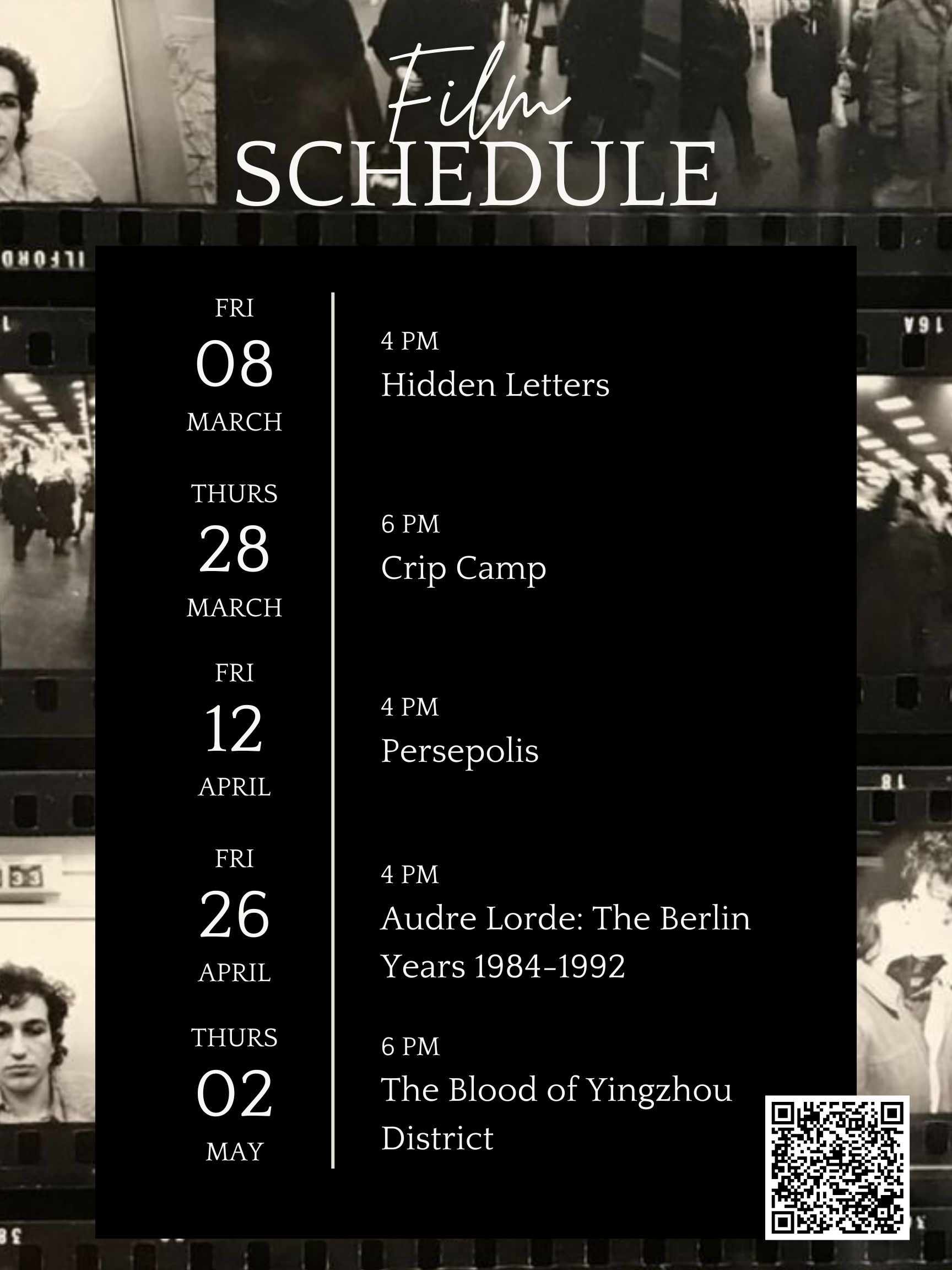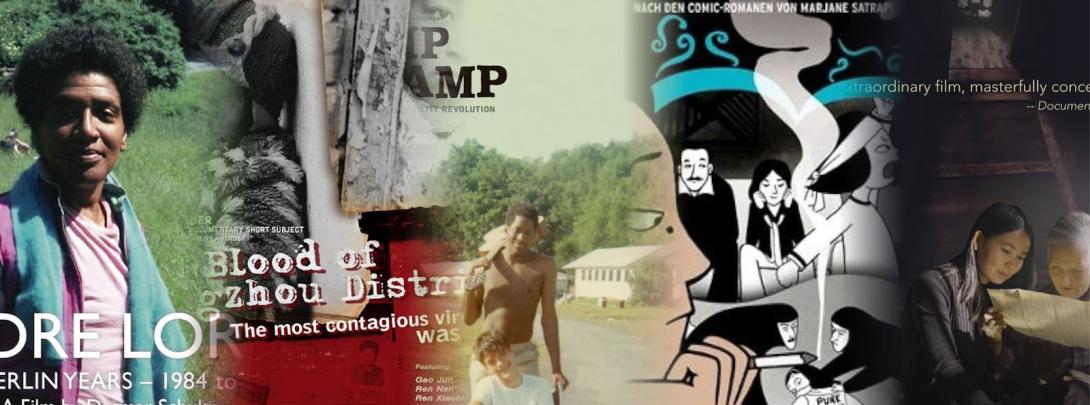NYU Shanghai is home to students, faculty, and staff from incredibly diverse backgrounds, forming a community of people of different abilities, ethnicities, languages, nationalities, and more. This semester, the Center for Student Belonging has launched a new film series, VisionCine: Exploring Diversity Through Films, to encourage conversation about diversity-related topics.
The program hosts monthly film screenings, followed by guided discussions that aim to encourage reflection on social justice issues, equity, and inclusion. VisionCine is led by Li Lanxin ‘24, Mia Bell MSW ’25, and Diversity Initiatives Coordinator Coco Lai.
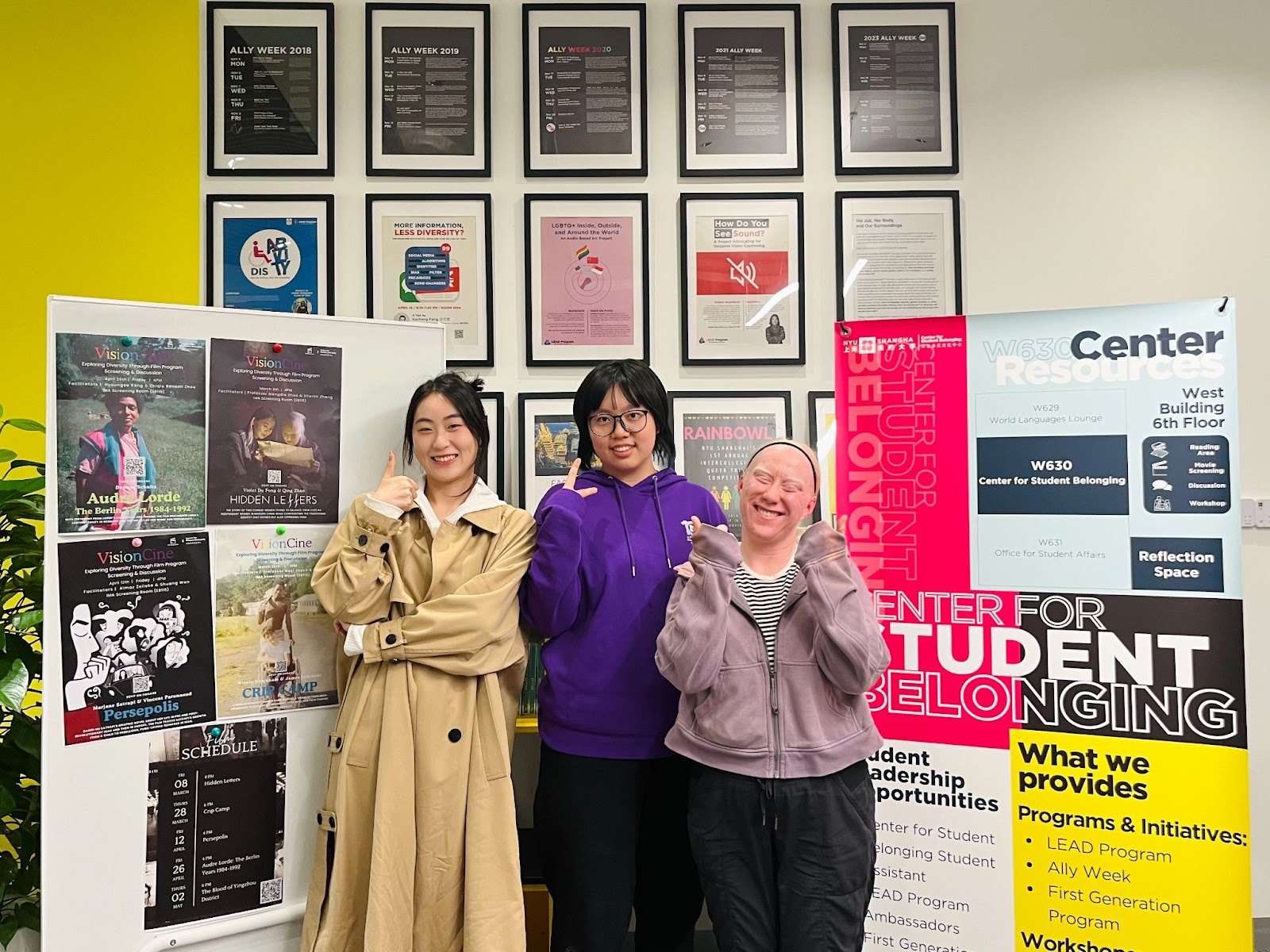
Organizers Coco Lai, Li Lanxin, and Mia Bell in the Center for Student Belonging (W630)
This semester, the program has curated 5 films to screen and discuss, with themes covering gender, sexuality, race, disability, and politics. “We want to bring the hidden voices of marginalized groups of people to the front,” says Li. The program kicked off with an International Women’s Day screening of Hidden Letters. The documentary follows two mainland Chinese millennial women on a journey to learn about, protect, and preserve Nushu (女书), an ancient secret language developed by women in Hunan province. Most recently, VisionCine showed Persepolis, an animated biographical film based on the life of Marjane Satrapi, who wrote and directed the film, as well as the graphic novel series of the same title. The film, which depicts Satrapi’s experiences coming of age during the Iranian Revolution, prompted fruitful discussion about family relationships, religion, and history.
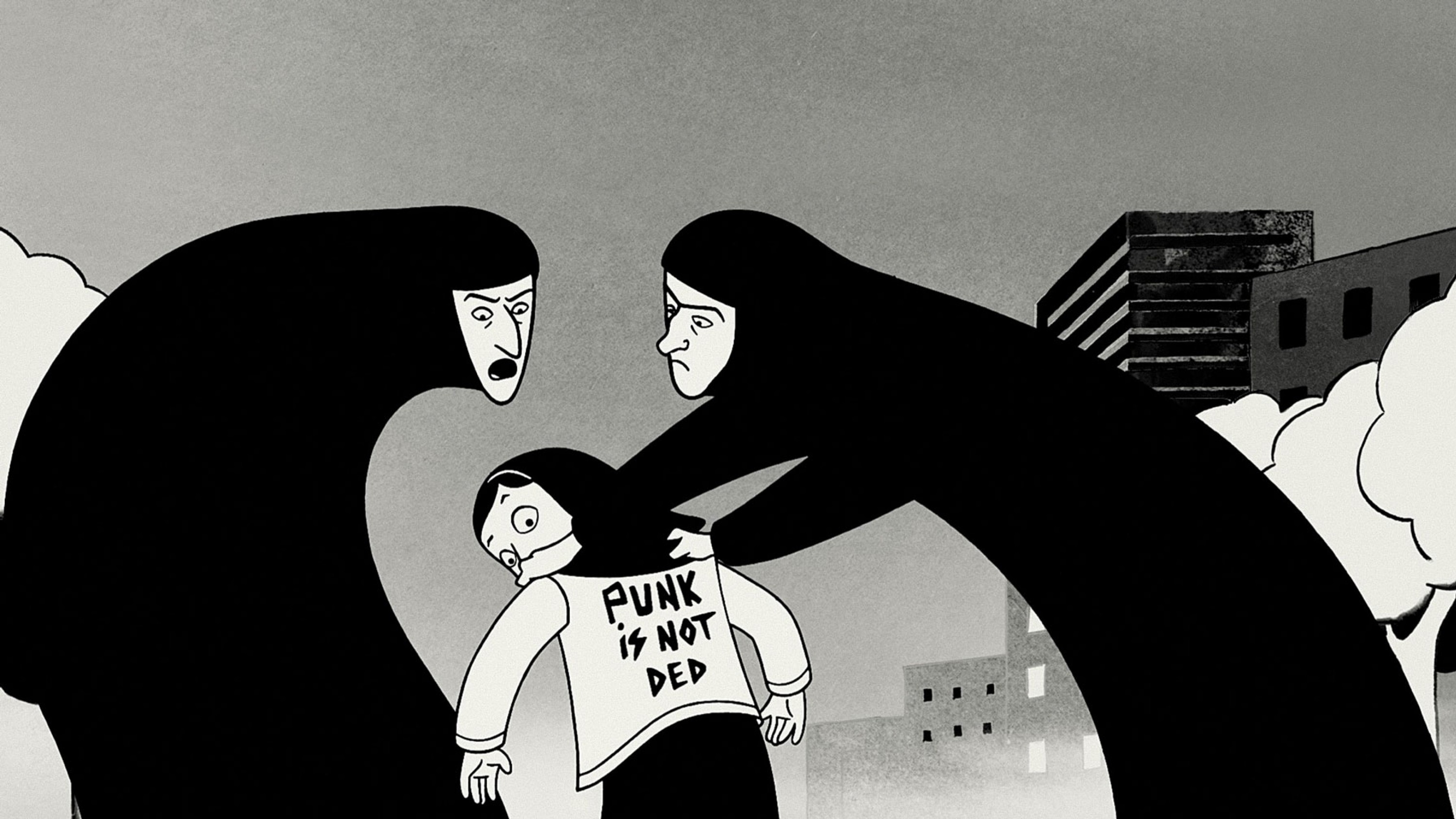
Still from Persepolis showing a young Satrapi getting reprimanded for her attire.
The Center of Student Belonging chose to run the film series as a way to foster discussion on diversity-related topics, Li explains, because of cinema’s ability to generate thought and emotion, and offer new perspectives to audiences. “I think films are great because they can help us see outside of the NYU Shanghai community,” adds Lai. “The films [we chose] are accessible, easy to understand, and [lead to] worthwhile discussion.”
The VisionCine program emphasizes the importance of reflecting and sharing ideas with each other. For each film, the organizers invite two facilitators from the community to help guide discussion. "[We don’t want to make these discussions] like a lecture or a class,” says Bell, who is the Social Work Intern at the Center for Student Belonging. “The discussion is for everyone–it’s an equal playing field.”
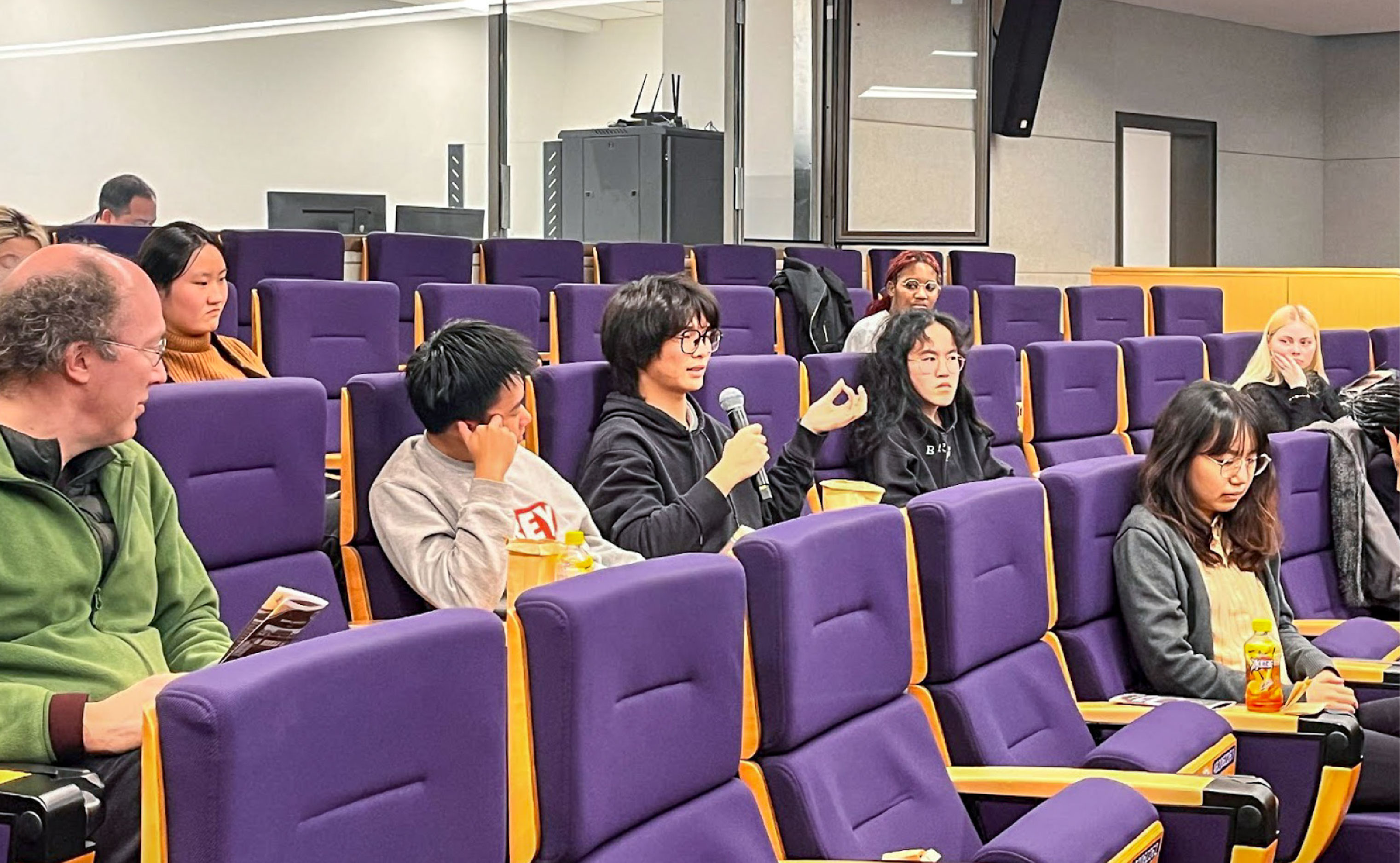
At another VisionCine screening, audience members watched Crip Camp, a documentary about the Camp Jened, a summer camp for disabled youth and adults, which became a starting point for the disability rights movement in the US. The film traces the stories of several prominent disability rights activists whose work led to groundbreaking legislation protecting disabled people, including the Americans with Disabilities Act. After the screening, Bell and Clinical Instructor of Interactive Media and Business Noel Joyce facilitated a discussion on the perception of disability in China and how disability has spurred innovation such as the electric toothbrush, the electronic keyboard, and audiobooks.
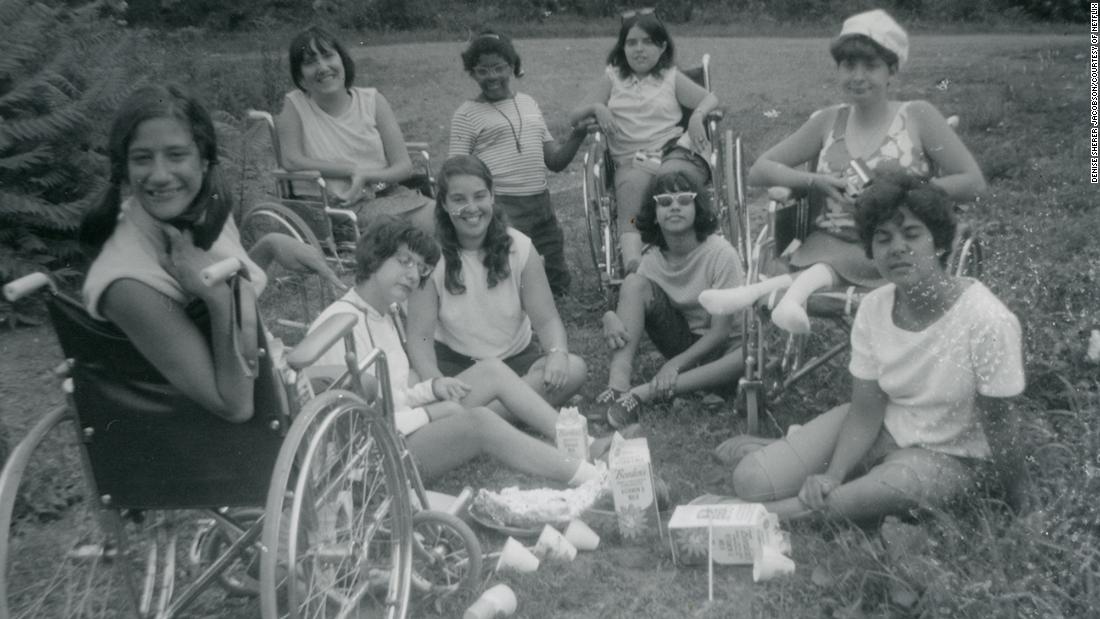
Still from Crip Camp
“The quicker we go beyond the idea of inspiration and move towards embracing the idea that disability is part of our [human] condition, the quicker we accept and realize that this is not something abnormal or different,” said Joyce at the event. “It’s something we all need to be aware of.”
The VisionCine Film Series has two more film screenings coming up this semester: On April 26th, there will be a screening of Audre Lorde: The Berlin Years 1984-1992, which depicts the prominent Black American lesbian poet’s time in Germany, and how she helped catalyze the Afro-German movement. On May 2nd, the program will screen The Blood of Yingzhou District, which tells the stories of young orphans whose parents died of AIDS.
